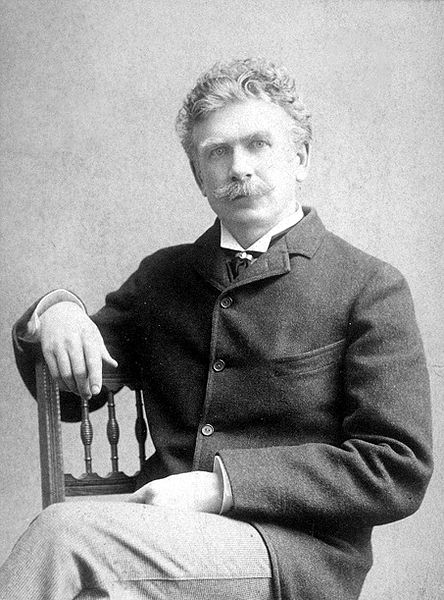Hey! Welcome
to Short Story Club. Glad you could make it. Come on in and grab a seat. Jami
was just about to tell us what she thought of this month's story— and there should be a
shrimp cocktail floating around here somewhere. Jami?
*************************
“How the
Devil Came Down Division Street” is a nice snapshot of Algren’s world view, a
view that permeated the many novels and short stories that followed, a world
view that can be summed up nicely by a quote from the story: “The devil lives
in a double-shot.”
This quote sets the tone for a tale
that, at its conclusion, is an introspective look into the mind of a man not
quite thirty years old, a man who has yet to overcome what his thirteen year
old self saw, what he didn’t see, and what he feared because of the space
between the two perspectives. Roman is the son of a renowned drunk, a
street performer, a sad excuse of an accordion player who doesn’t live with his
family so much as he has a place to sleep when he returns home in the mornings
after a night of roaming the streets for pennies.
Roman’s father hears a constant
knocking at the door of their home, at least that is what he tells his family
but no one believes him. Rather, Roman and his twin siblings think their
father is crazy. They share a bed at night when he is philandering or at worse,
begging and in the daytime while their father sleeps it off, the children go to
school and pretend he is different. Their mother doesn’t encourage nor
does she dissuade her children from feeling this way and by allowing the
speculation, she is implicit in the reactions her children have to their
father, a mixture of embarrassment, shame, and ultimately,
misunderstanding.
One day Roman’s father returns without
his accordion. Things change. He doesn’t wander the streets at
night any longer. He becomes a husband to their mother again, takes a job
as a janitor but, he takes a bed too. The knocking is heard by
Roman. He believes his father, doesn’t think he is crazy any longer but
his mother does the unthinkable and trades the sanity of her son for the
newfound respectability of her husband. So Roman then, at age 17 is
pushed out, finds himself with nowhere to spend his nights, no place to call
his own and so he takes to the bars himself. As Algren puts it, “he came
to think of the dawn, when the taverns closed and he must go home as the
bitterest hour of the day.”
The bitterest hour of the day.
That’s where Nelson Algren takes the reader and with straightforward language and
crisp descriptions, Roman is any one of us or all of us, giving up our
accordions for a place to sleep, a place to call our own.
—Jami McFatter Balkom is an attorney, practicing in Panama City, Florida who writes short story reviews for her blog, www.wherewordslive.blogspot.com. She is currently writing fiction, working on a novel of literary fiction and a series of short stories centered around her hometown in northwest Florida.
So what did the rest of you think of the
story?




.bmp)










